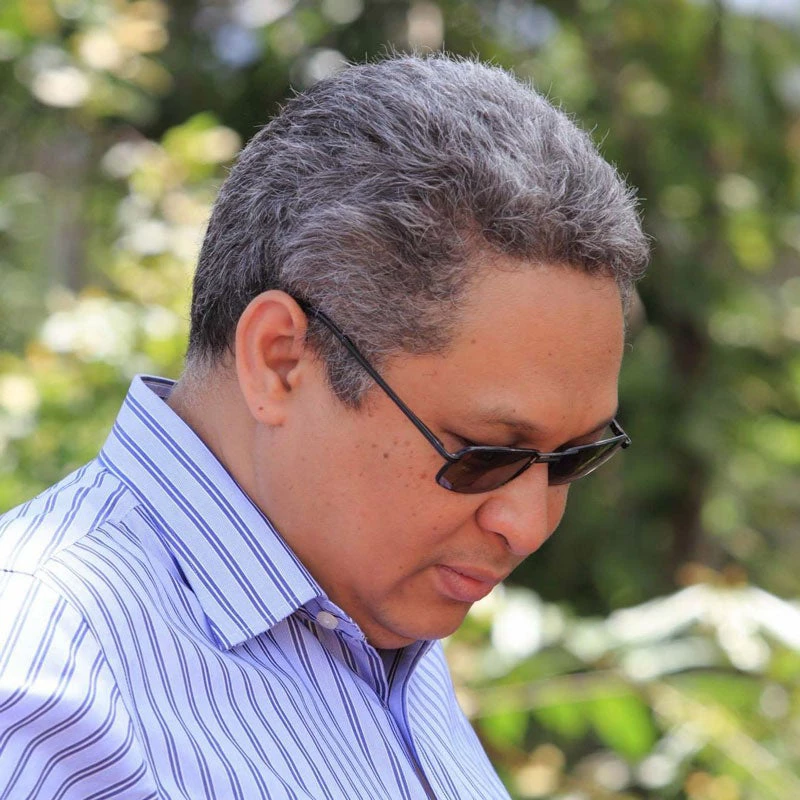Ideas for Action (I4A) is an annual competition centered around financing sustainable development. It was launched in 2015 by the World Bank and the Zicklin Center for Business Ethics Research at the University of Pennsylvania’s Wharton School. Students and young professionals from around the world enter their ideas and designs for implementing the UN’s 17 Sustainable Development Goals, which include targets like health and wellbeing, affordable clean energy, and good quality education.
African teams have always performed well at the I4A initiative. In 2015 and 2016, Nigerian proposals won second and first place respectively. But this year was exceptional: from among the 740 proposals from 118 countries, the two top winners were from Africa.
- Team Kitovu (Nigeria) emerged at the top with a proposal for a web or cellphone based, decentralized fertilizer and seedling warehousing system that increases the yields of crops.
- Team Gifted Hands (Uganda) came second with a proposal to reduce breast cancer death rates among women and, at the same time, increase the employability of visually impaired women.
Nwachinemere Emeka Obewe (Team Kitovu) and Andrew Mukose (Team Gifted Hands) represented their teams at the October 2017 Annual Meetings in Washington, D.C. They both had a personal story that inspired them to turn a problem into an opportunity.

Obewe’s idea was born of his own experience in Nigeria’s mandatory National Youth Service, which can involve farming. The amount of a crop lost after a harvest in Nigeria ranges from 40 to 60 percent.
Obewe believes that improving the use of inputs could lift millions of smallholder farmers in Nigeria out of poverty. But, for that to happen, a system needs to be in place that matches the right composition and quantity of fertilizer, seeds, and other inputs to the soil the farmer has on his farm. “It is these problems that inspired me to start Kitovu Technology Company,” Obewe said.
Mukose’s drive and passion came from his mother’s experience. A university lecturer and single mother, she lost her job after being blinded in an accident. The consequences for her family were dire. “99.5%” of disabled Ugandans,” said Mukose, “are unemployed. They are stigmatized, marginalized, and looked at as not productive.”
“It’s not only my mother, but over 1.6 million blind people in Uganda [who] go through the same challenges.” Mukose’s health program involves training blinded women to help screen Ugandan women for signs of breast cancer.
The I4A program is a great opportunity for young Africans to contribute to the debate on international development. Winners are given a major role in the Youth Transforming Africa program as role-models within the #AfricaCan framework.



Join the Conversation